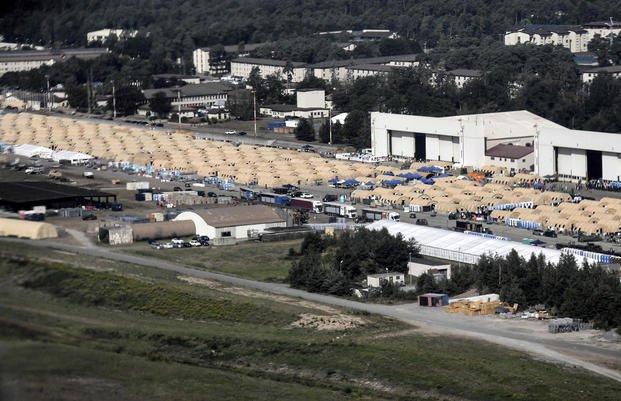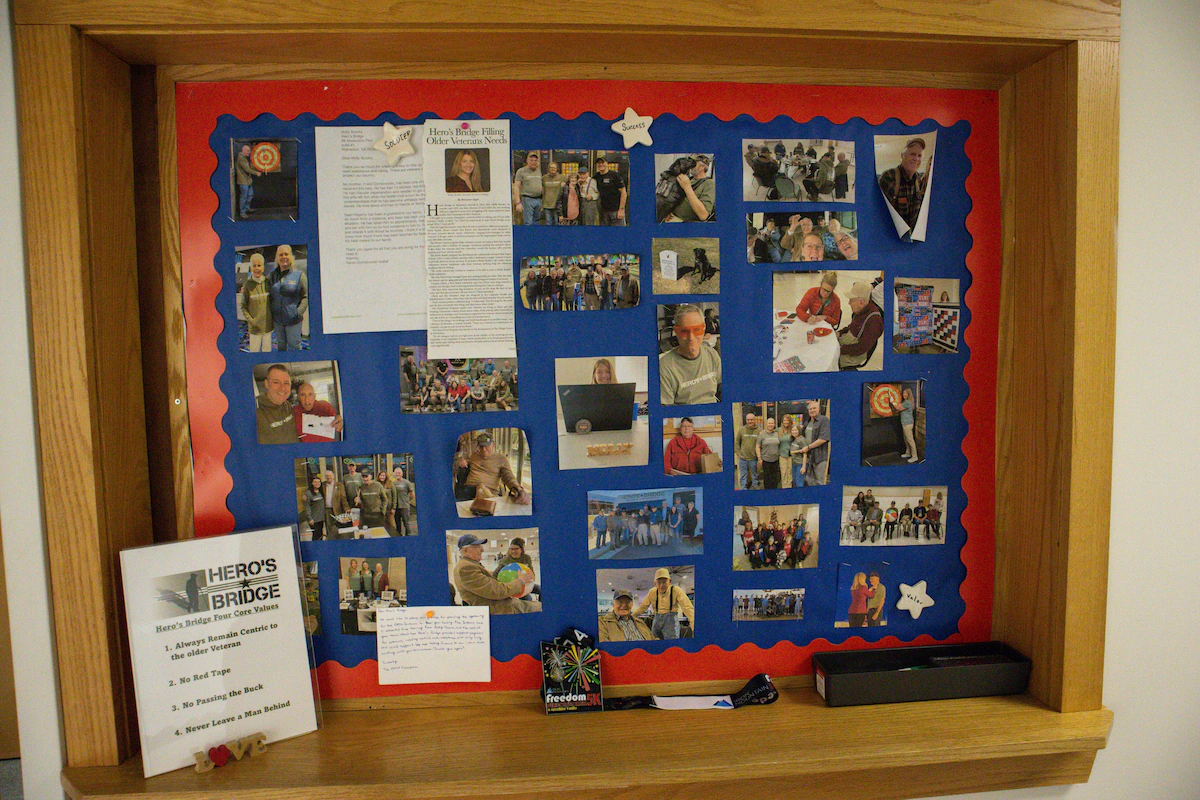Veterans Unite to Support Afghan Allies
The plight of Afghan asylum seekers has triggered a remarkable response from the veteran community. In the wake of the unjust arrest of Sayed Naser, a former military translator, over 200 veterans have stepped forward to attend immigration hearings with Afghans seeking asylum in the U.S. This grassroots effort, dubbed the Battle Buddies initiative, highlights the deep bonds forged during military service and the moral obligation many veterans feel to protect those who stood alongside them in conflict.
Injustice in the Asylum Process
Naser"s case is emblematic of a larger, systemic failure in the immigration system. After arriving in the United States in 2024, Naser"s asylum request was based on threats to his life following the tragic murder of his brother by the Taliban. Despite providing similar documentation that successfully granted his brother asylum, an immigration judge dismissed Naser"s case, placing him in expedited removal status. This situation raises critical concerns about the fairness and integrity of the asylum process, particularly for those who have already endured unimaginable trauma.
Veterans Stand Against Injustice
As reported by KPBS, the veterans involved in the Battle Buddies initiative are not merely acting out of sympathy; they are taking a stand against what they view as blatant injustices perpetuated by the Department of Homeland Security (DHS). Shawn VanDiver, a Navy veteran and co-founder of the nonprofit #AfghanEvac, emphasized that all Afghans who arrived in the U.S. since 2021 were vetted. Yet, the DHS has claimed that Naser was not vetted and has no evidence of his service alongside U.S. forces, a claim that is being vehemently contested.

Some Afghans Evacuated by US Seek Asylum in Germany ...
Voices of the Marginalized
This situation underscores a broader narrative of marginalized voices struggling for recognition and justice in the immigration system. The veterans involved are amplifying the stories of those like Naser, who are often reduced to mere statistics in a bureaucratic process. The emotional weight of their testimonies cannot be overstated; for many veterans, these Afghans are not just refugees—they are friends and comrades who risked their lives to assist U.S. forces.
Government Accountability is Crucial
The need for accountability from the government is paramount. Naser"s attorney, Brian McGoldrick, has expressed concerns over the timeline of the asylum process, noting that Naser"s interview for a credible fear assessment has yet to be scheduled. This delay can have dire consequences, as a negative determination could lead to deportation, placing Naser and his family at imminent risk. The lack of urgency displayed by immigration authorities reflects a troubling disregard for human lives and the complexities of their circumstances.
Community Reaction and Solidarity
As communities rally around Naser and other Afghan asylum seekers, it is clear that the Battle Buddies initiative has sparked a movement rooted in solidarity and shared humanity. Veterans and civilians alike are pushing back against a system that often fails to recognize the sacrifices made by those who assisted U.S. forces in Afghanistan. The collective action of these veterans serves as a powerful reminder of the responsibility we hold to protect vulnerable populations and advocate for justice in the face of systemic failures.

To help older veterans, a Virginia group gives each a ‘battle buddy’

![[Video] Federal officers deploy sting balls and flash grenades at Whipple Building](/_next/image?url=%2Fapi%2Fimage%2Fthumbnails%2Fthumbnail-1768340555229-vhfcc-thumbnail.jpg&w=3840&q=75)
![[Video] Crowd-control weapons used in Minneapolis as anti-ICE protesters attack police vehicle](/_next/image?url=%2Fapi%2Fimage%2Fthumbnails%2Fthumbnail-1768336302231-akxf7s-thumbnail.jpg&w=3840&q=75)

![[Video] Protests erupt in Minneapolis after ICE detains teenager, multiple arrests made](/_next/image?url=%2Fapi%2Fimage%2Fthumbnails%2Fthumbnail-1768331835371-z9ylqg-thumbnail.jpg&w=3840&q=75)


![[Video] Gunfire between Iraqi security forces and Sadr militias in Baghdad](/_next/image?url=%2Fapi%2Fimage%2Fthumbnails%2Fthumbnail-1768343508874-4redb-thumbnail.jpg&w=3840&q=75)
